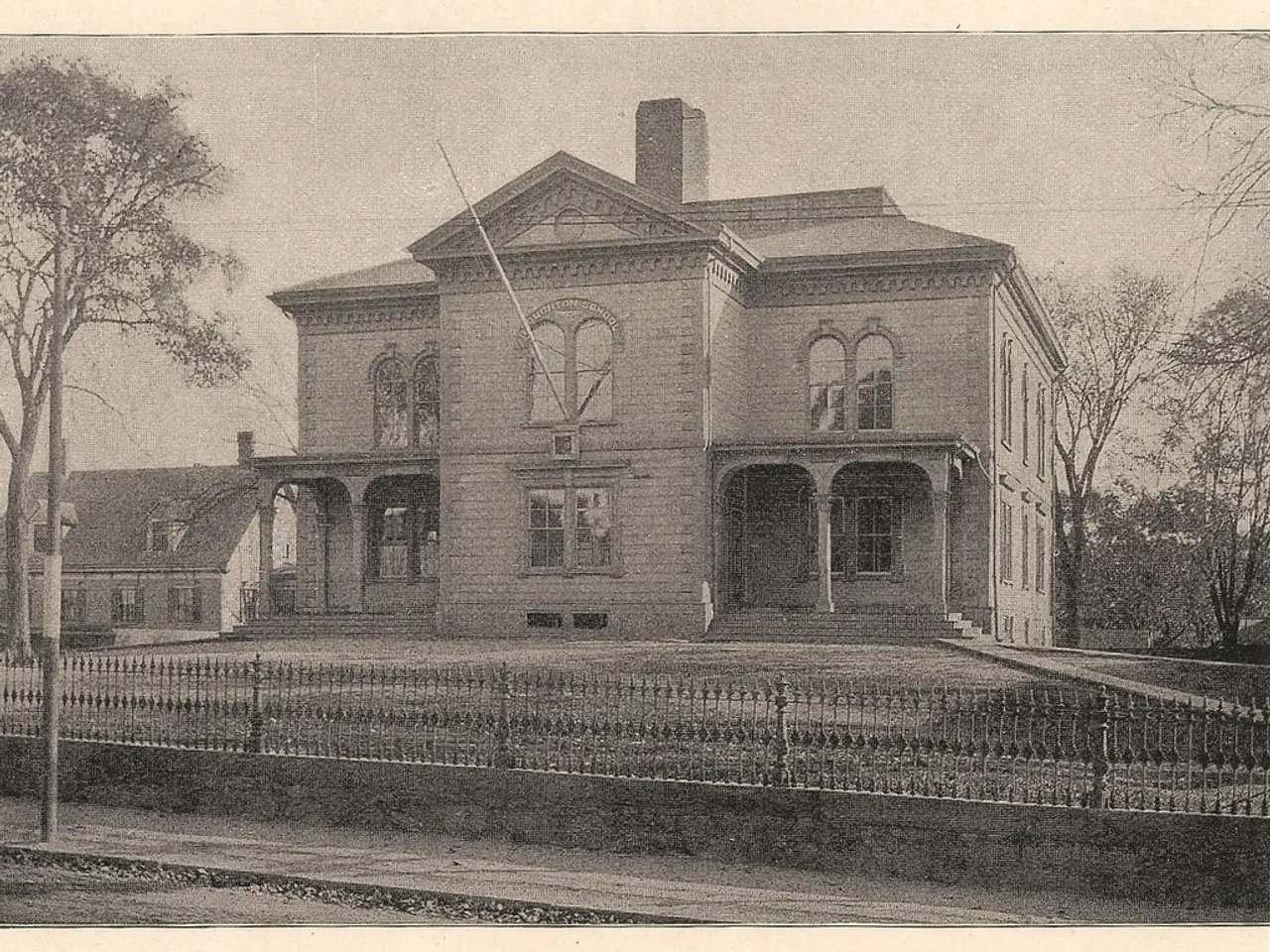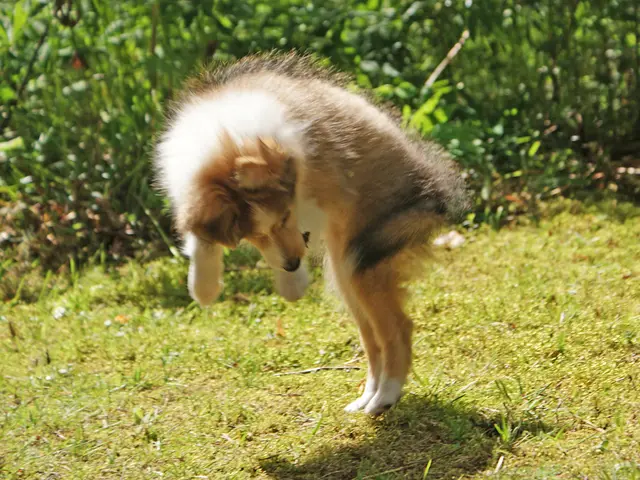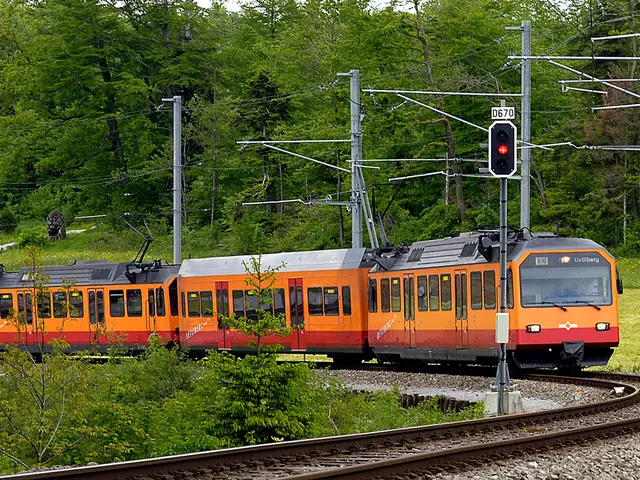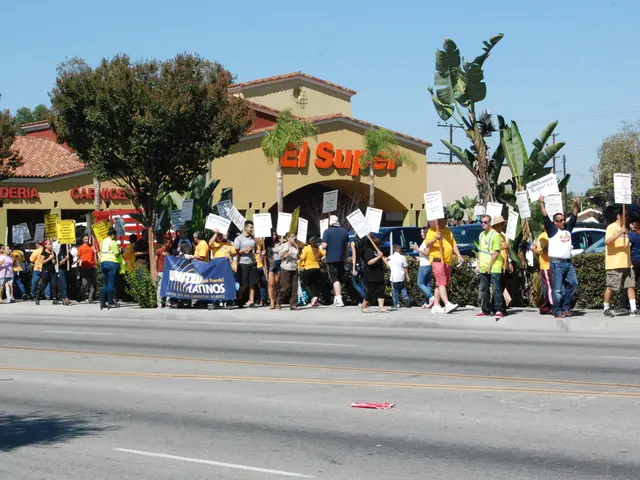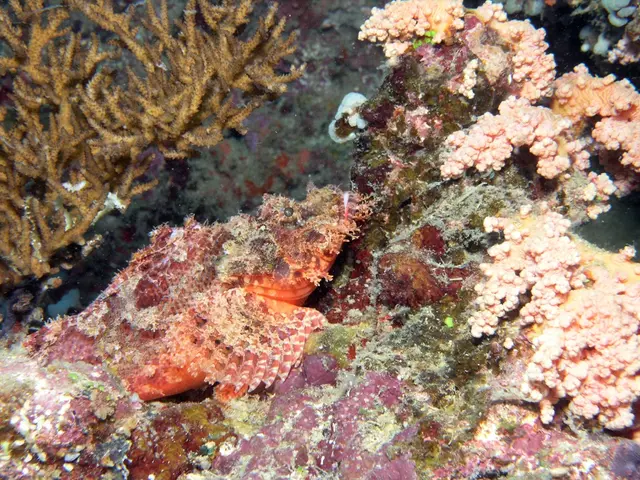Virtual fencing company NoFence eyes expansion into the US and Europe after successful $35 million Series B funding round
NoFence, a Norwegian-based virtual fencing company, has secured over $35 million in an oversubscribed Series B funding round, making it Europe's largest agtech funding round in 2025. The European Circular Bioeconomy Fund led the round, with participation from Capagro, Nysnø Climate Investments, Climate Innovation Capital, Speedinvest, Sandwater, Momentum, and Ferd.
The funding will be used to expand NoFence's reach to markets in Europe and the US, with a continued focus on the US market. The company plans to bring better products to market faster and continue the development and improvement of their virtual fencing solutions on the hardware and software sides.
NoFence's virtual fencing solution allows farmers to monitor herd animal movements via a smartphone, using solar-powered, GPS-enabled collars. The collars are currently used for goat and sheep farming, with collars for cattle also available. If an animal crosses a boundary set within the app, the collar plays an audio warning and issues an electric pulse if the animal does not turn around.
The company targets small- and medium-sized farms, which often struggle with upfront capital expenditure. By adopting NoFence's virtual fencing solution, farmers can enable more rotational grazing practices without additional fencing costs or labor costs.
Rotational grazing can provide ecological benefits such as better soil, more water retention, decreased erosion, and faster-growing grasses. It can also potentially lower input costs and provide additional sources of income, such as carbon credits.
NoFence believes that virtual fencing is in its infancy as a product category, with potential for significant growth in both hardware and software capabilities. The company is already deployed in over 150,000 collars in Norway, the US, Spain, and the UK, and is working on strategies to mitigate connectivity issues in rural areas.
By using existing cellular networks to enable collars to communicate with the mobile app, NoFence's solution can be more cost-effective than installing transmission stations. This makes it an attractive option for farmers looking to adopt modern, sustainable farming practices without breaking the bank.
With the new funding, NoFence is poised to make virtual fencing 'fundamentally ground-changing' in the agricultural industry. The company looks forward to bringing its innovative solution to more farmers and ranchers across Europe and the US.
Read also:
- Latest Edition of Bus-News Magazine Arrives for 2023!
- Testing the Camp Mode of the 2025 Tesla Model Y with Juniper's interior housing two kids, shockingly low CO2 levels were discovered.
- Demonstrating Carbon Storage in Agricultural Forestry through Digital Monitoring and Verification
- EV and Charging Technologies will see broader horizons at SINBON's Battery Show in 2025, as the event aims to push boundaries.
